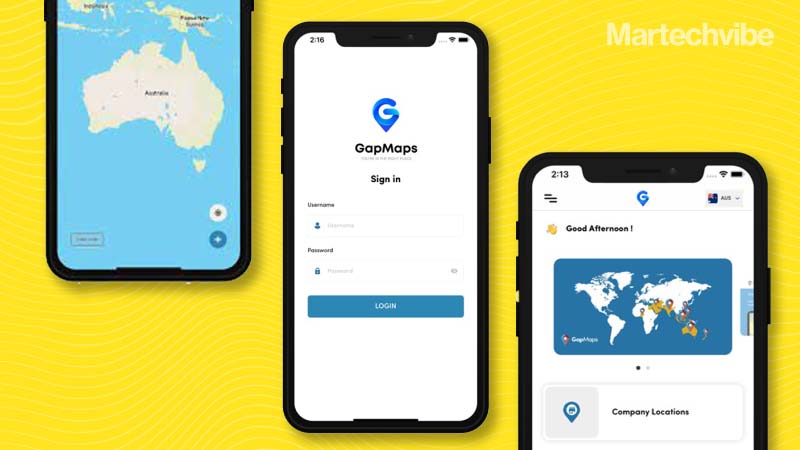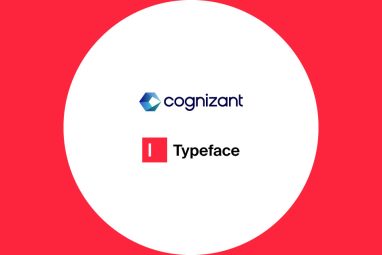Gapmaps Expands Services To 21 Countries, Including The UAE
GapMaps, the Australian cloud-based mapping software specialist, continues to expand its international presence, which now extends to 21 countries including the UAE. Despite Covid-19, the retail sector has adapted to new customer demand patterns and built new channels to market. In the UAE, GapMaps has seen strong growth in the fast-food delivery channel, which is […]
Topics

GapMaps, the Australian cloud-based mapping software specialist, continues to expand its international presence, which now extends to 21 countries including the UAE.
Despite Covid-19, the retail sector has adapted to new customer demand patterns and built new channels to market. In the UAE, GapMaps has seen strong growth in the fast-food delivery channel, which is creating demand for data and insights that enable retailers to better plan for and capture the potential of this growing market.
“Since 2018, we’ve been adding five new markets each year and double-digit revenue growth year-on-year,” said Anthony Villanti, Managing Director and Founder, GapMaps.
This growth is due to the ease-of-use and sophistication of its mapping software, which uses the latest demographic, government and industry data to help clients choose the right physical location specific to their business needs.
“Today, we have approximately 500 brands using GapMaps in sectors where a physical location is required, such as fitness, fuel, grocery, quick service restaurant, shopping centres and convenience stores,” addED Villanti.
Tim Shaw, Director, Market Planning, GapMaps said: “Many of our Australian customers, especially the global brands, have encouraged us to enter new markets so they can use GapMaps overseas. This contributes to decisions on where we expanded the business.”
As the UAE emerges from Covid-19 restrictions GapMaps is observing and monitoring increases in pedestrian activity in central areas, shopping malls and other retail precincts.
“What’s been interesting is the variability in the Covid-19 recovery process,” added Shaw. “We expected to see variability between countries due to different lockdown restrictions and when those were loosened or removed. However, we see significant variation in the pace of recovery between large and small shopping malls and central precincts, an inconsistency observed across large urban centres when compared with smaller urban and regional centres.
“GapMaps has a unique ability to create high quality location intelligence data and insights in some very data-challenged countries,” said Pat McMichael, Group Managing Director and CEO, Eat’n’Go. ““The quality of their data and simple to use platform has enabled me to introduce world class market and network planning processes to businesses where network planning had previously been quite rudimentary.”
Also Read: Is Data The Key To Customer Conversion And Acquisition?
GROWTH STRATEGY
“Additionally, where GapMaps sees significant growth opportunity, we back ourselves and proactively enter a market and build a local client base,” said Shaw. “This combination has proven to be a good growth strategy for the business.
In the UAE, quick service restaurants are one of the fastest growing sectors. Early signs suggest that the UAE is recovering quickly from the effect of Covid-19 with population and tourist growth returning. This is driving store development activity for international and regional brands alike.
Access to, and quality of, demographic data in some markets has traditionally been challenging, with a reliance on census data that can be more than a decade old. That data is often too broad and not appropriate for local catchment analysis to support a location decision.
“With GapMaps we can analyse different local demographic, industry and government data to provide insights at a granular level, often drilling down to a 100 – 250 metre grid to pinpoint an optimum store catchment,” said Shaw. “That gives customers the same market planning processes and experience they use in Australia.”









































































































